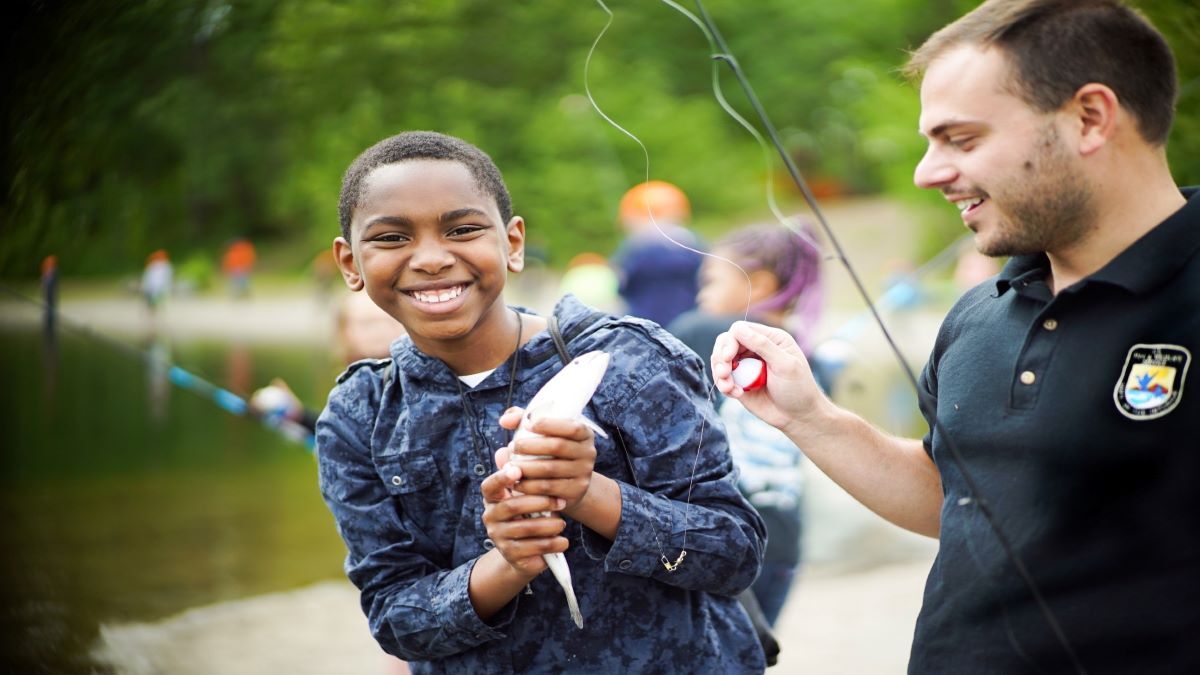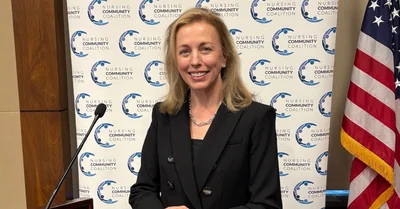A new conservation area surrounding the Lost Trail National Wildlife Refuge in Flathead and Lincoln counties, Mont., is the National Wildlife Refuge System’s 568th unit.
The U.S. Fish and Wildlife Service worked with the Trust for Public Land and the Confederated Salish and Kootenai Tribes to purchase the 38,052-acre conservation easement, according to a July 13 Department of Interior news release. The conservation area is expected to protect habitates and migration pathways for elk, grizzly bears, mule deer, wolverines and Canada lynx between Glacier National Park, the Cabinet Mountains Wilderness, the Selkirk Mountains and into the Coeur d'Alene Mountains.
“The Lost Trail Conservation Area will help guarantee that future generations have access to the same woods and waters as we enjoy today for hunting, fishing, hiking and wildlife viewing,” Secretary of the Interior Deb Haaland said in the release. “National wildlife refuges are one of the most important ways that we can connect all Americans to public lands with little to no entry fees. I am grateful to the U.S. Fish and Wildlife Service and its partners for the locally led collaboration that led to this important milestone.”
The U.S. Fish and Wildlife Service describes the National Wildlife Refuge System as a "network of lands and waters dedicated to conserving America’s rich fish and wildlife heritage."
“The service is grateful for incredible partnerships with the Trust for Public Land and the Confederated Salish and Kootenai Tribes,” said Service Director Martha Williams, according to the release. “Locally-led conservation efforts such as this provide a lasting impact on our efforts to protect crucial wildlife habitat for threatened, endangered and priority species while prioritizing recreational access.”
The conservation area was funded by the Great American Outdoors Act and Land and Water Conservation Fund, the release reported. The LWCF funded $4 billion worth of projects in every county in the country since its beginning in 1965.
According to the release, LWCF works to increase public access to and protection of federal public land and water at no cost to taxpayers, including forests, national parks, recreation areas and wildlife refuges. It also provides matching grants to state and Tribal governments for the aquisition and development of outdoor recreation sites.






